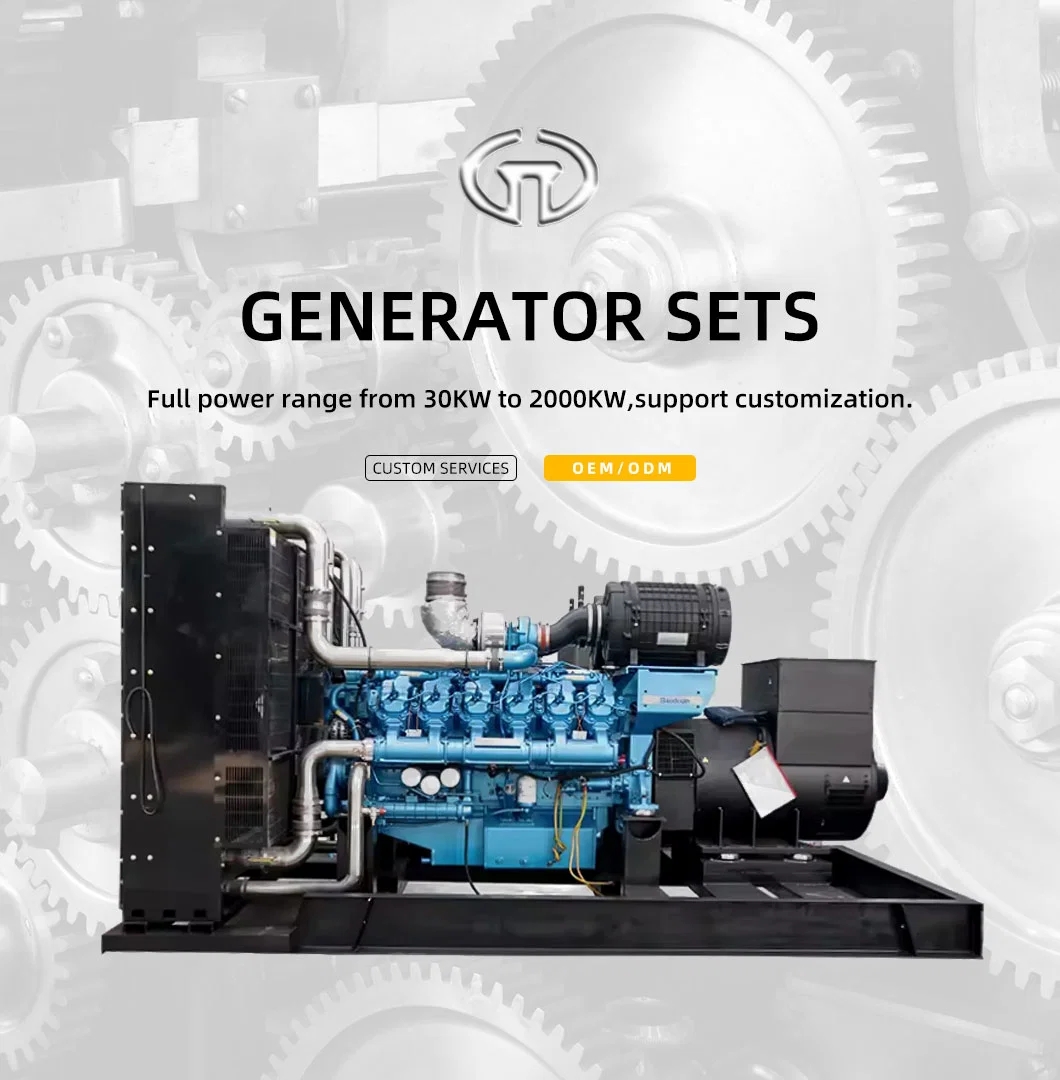Introduction
In the realm of agriculture, the reliance on diesel generators is paramount for ensuring continuous and reliable power supply to support various operations. From powering irrigation systems to running equipment and machinery, diesel generators play a crucial role in enhancing productivity and efficiency on farms of all sizes. This article aims to explore the significance of diesel generators in agricultural settings, highlighting their benefits, applications, and considerations for optimal utilization.
History and Evolution of Diesel Generators in Agriculture
The use of diesel generators in agriculture dates back to the early 20th century when farmers began transitioning from manual labor to mechanized farming practices. Diesel generators provided a more efficient and cost-effective solution for powering agricultural machinery compared to traditional methods such as steam engines or animal labor. With advancements in technology, diesel generators have evolved to become more reliable, fuel-efficient, and environmentally friendly, making them an indispensable asset in modern farming operations.
Benefits of Diesel Generators in Agriculture
1. Reliability: Diesel generators are known for their robustness and reliability, making them ideal for providing continuous power supply in remote agricultural locations where grid electricity may be unreliable or unavailable. This reliability ensures that critical operations such as irrigation, livestock management, and grain drying can proceed without interruption.

2. Fuel Efficiency: Diesel generators are more fuel-efficient than their gasoline counterparts, providing higher power output for the same amount of fuel consumed. This fuel efficiency translates to cost savings for farmers, especially in prolonged operations that require extended generator use.
3. Versatility: Diesel generators come in a wide range of sizes and power capacities, allowing farmers to choose a model that suits their specific power requirements. Whether powering small farm equipment or large-scale operations, diesel generators offer the versatility needed to adapt to varying agricultural needs.
4. Longevity: Diesel generators are built to withstand the rigors of agricultural environments, featuring durable components that can endure harsh conditions such as dust, moisture, and temperature fluctuations. With proper maintenance, diesel generators can have a longer lifespan compared to other types of generators.
Applications of Diesel Generators in Agriculture
1. Irrigation Systems: One of the primary applications of diesel generators in agriculture is powering irrigation systems. Diesel generators drive water pumps that distribute water to crops, ensuring proper hydration for optimal growth and yield. In regions where access to grid electricity is limited, diesel generators play a vital role in supporting irrigation practices.
2. Crop Processing: Diesel generators are used to power machinery for crop processing activities such as threshing, milling, and drying. These processes require consistent power supply to operate efficiently, and diesel generators provide the necessary energy to streamline agricultural production.
3. Livestock Farming: In livestock farming operations, diesel generators are utilized to power equipment for feed processing, barn ventilation, and lighting. Reliable power supply from diesel generators is essential for maintaining optimal conditions for animal health and welfare.
4. Field Operations: Diesel generators power a variety of field equipment and machinery used in planting, harvesting, and soil preparation. Tractors, combines, and other agricultural implements rely on diesel generators for their energy needs, enabling farmers to carry out essential tasks with precision and efficiency.
Considerations for Optimal Utilization of Diesel Generators in Agriculture
1. Proper Sizing: It is crucial to select a diesel generator with the appropriate power rating to meet the energy demands of the agricultural operations it will support. 200kw diesel generator may lead to power shortages, while oversized generators can result in inefficiency and increased fuel consumption.
2. Regular Maintenance: To ensure reliable performance, diesel generators require routine maintenance checks, including oil and filter changes, fuel system inspections, and electrical component testing. Regular servicing prolongs the lifespan of the generator and reduces the risk of unexpected breakdowns.
3. Fuel Quality: Using high-quality diesel fuel is essential for the efficient operation of diesel generators. Contaminated or low-grade fuel can lead to engine issues and decreased performance. Farmers should source fuel from reputable suppliers and store it properly to maintain its integrity.
4. Environmental Considerations: While diesel generators offer numerous benefits, they also produce emissions that contribute to air pollution. To minimize environmental impact, farmers can consider implementing emission control technologies, using biodiesel blends, or exploring alternative energy sources such as solar or wind power.
Conclusion
Diesel generators play a vital role in supporting agricultural operations by providing reliable and efficient power supply for a wide range of applications. From irrigation systems to crop processing and field operations, diesel generators enhance productivity and sustainability in farming practices. By understanding the benefits, applications, and considerations associated with diesel generators, farmers can optimize their usage to maximize efficiency and yield in agricultural endeavors. As technology continues to advance, diesel generators are poised to remain a cornerstone of modern agriculture, driving innovation and progress in the quest for food security and sustainability.
